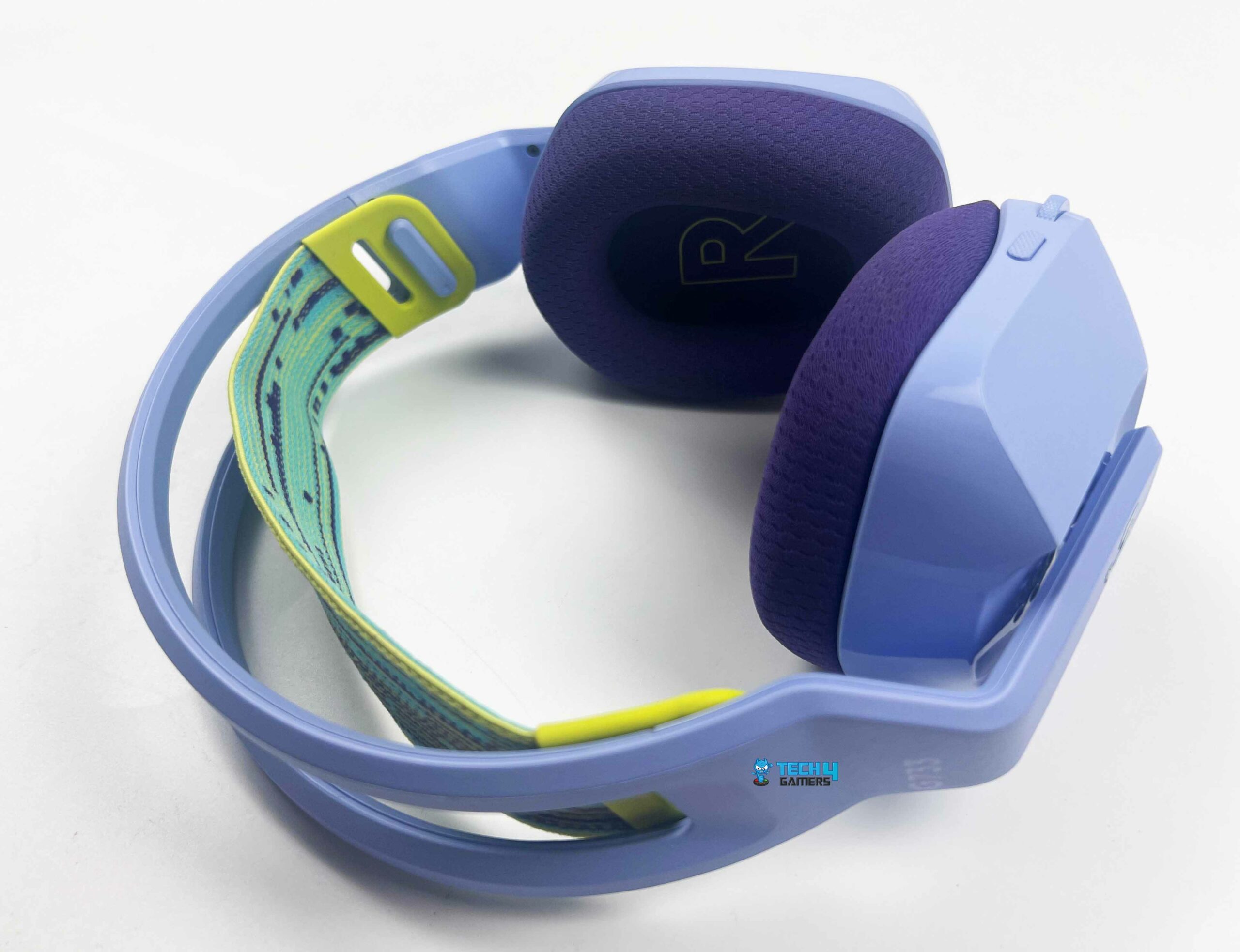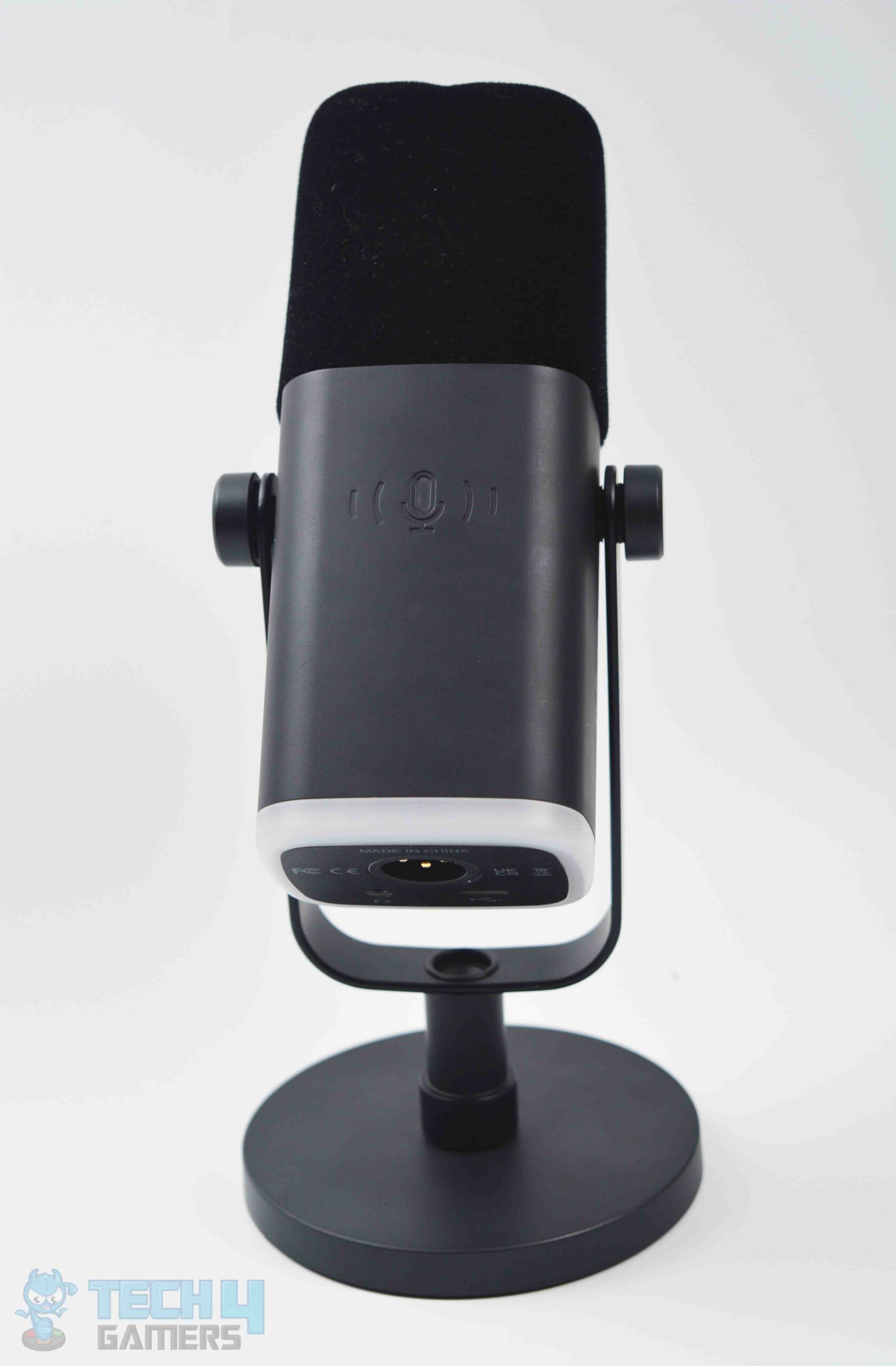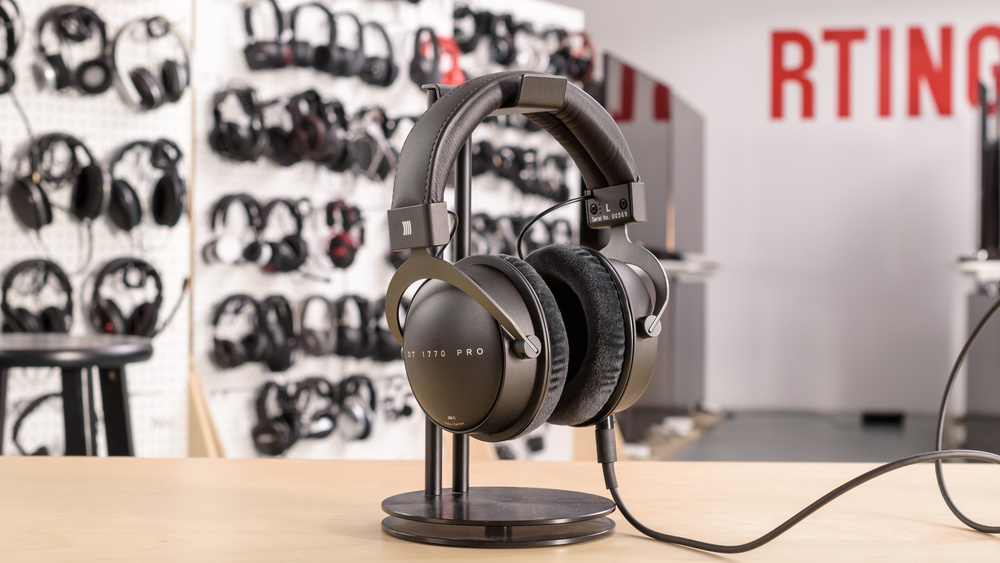- Gaming headsets are good but not studio-grade.
- Marketing tags such as “studio grade” or “broadcast quality” exaggerate their capabilities.
- True studio-level headsets are tuned to offer better neutrality and audio quality.
Gaming headsets have evolved significantly from the flimsy accessories of the early 2000s. These days, almost every brand claims to have studio-grade sound, professional monitoring quality, and audiophile tuning. This, however, is not the case at all; most gaming headsets are not studio-grade, and no amount of branding, RGB lighting or boosted bass curves can change that fact.
Instead of trying to be something they are not and to compete with something entirely different, gaming headsets should embrace what they are. Gaming headsets are made for immersion, convenience, and team communication, rather than being studio-grade.
They Can’t Match Real Studio Equipment
Studio headsets are engineered with strict accuracy. They allow the user to trust what they hear by exposing flaws, highlighting mixing details, and delivering neutral sound.
Gaming headsets such as the Logitech G733 Lightspeed, on the other hand, are made specifically for entertainment purposes. The boosted base is designed to enhance immersion and to make the experience more fun for the user. These features make perfect sense for gaming, but go against what studio-grade means.

You see, most gaming headsets rely on smaller drivers, narrower soundstage designs, and closed-back construction, which tend to limit spatial precision. Even the most premium gaming headsets are all about the exaggerated audio that creates suspense and increases immersion. Calling these headsets studio-grade is misleading to consumers.
The Microphone Is Also Lacking
The same bad marketing issue persists with the microphones as well. Most brands promise “broadcast-quality voice clarity,” however, this is not the case. Gaming headsets use condenser capsules that help capture a narrow bandwidth signal. This is intended to enhance the user’s audio quality on Discord or during team coordination, not to replace a professional microphone setup.

Studio-grade headsets are much more advanced and offer depth, clarity, and detail that gaming headset mics can’t replicate. This is due to size limitations, power requirements, and acoustic design, which make studio microphones better. Marketing departments may claim that their gaming headset microphones are on par with studio microphones, but those who have used both know that the difference is night and day.
Gamers Don’t Even Need It
The funny thing is that gamers don’t even need studio-grade equipment in the first place. Competitive gamers require positional accuracy, comfort during long sessions, and low latency. Casual players need immersion, fun sound profiles, and wireless convenience. Neither of these groups actually benefits from that “studio-grade” promise.
A well-tuned gaming headset only needs a controlled base, clear mids, and enough high-end detail to make directional audio stand out for gamers. Headsets like XPG Precog Studio, though excellent, shouldn’t try to be something they’re not meant to be.
Studio-Gear is Better For Pure Audio Quality
For individuals who want pure audio fidelity, whether for music, editing, or other purposes, studio headsets remain unmatched. Even the most affordable studio-grade headset outperforms most expensive gaming headsets in terms of range, neutrality, and detail.
Pair this headset with a standalone microphone, and you get a setup that can easily beat most high-end gaming headsets on the market.

The irony is that most streamers and professional players have already shifted to this setup. This is not because gaming headsets are unusable; it is because they do not meet the claim of studio-quality in real usage.
Professionals want something that complements their needs, not something that is trying to be everything at once. Regardless, if your goal is just immersion and entertainment, gaming headsets like the Corsair Wireless V2 Pro are the way to go.
Accepting What Gaming Headsets Truly Are
Gaming headsets do not need to be studio gear; instead, they need to be the best gaming gear. Manufacturers should refrain from applying false labels to their products that do not accurately represent them, as this will help the entire product category. Clearer marketing will help consumers know what they are buying and choose the right product for their needs.
Gaming gear deserves its own category and should not borrow promises from the music industry. The sooner manufacturers accept what gaming headsets really are, the sooner they can evolve free from the pressure of being something that they were never meant to be.
Thank you! Please share your positive feedback. 🔋
How could we improve this post? Please Help us. 😔
[Comparisons Expert]
Shehryar Khan, a seasoned PC hardware expert, brings over three years of extensive experience and a deep passion for the world of technology. With a love for building PCs and a genuine enthusiasm for exploring the latest advancements in components, his expertise shines through his work and dedication towards this field. Currently, Shehryar is rocking a custom loop setup for his built.
Get In Touch: shehryar@tech4gamers.com




